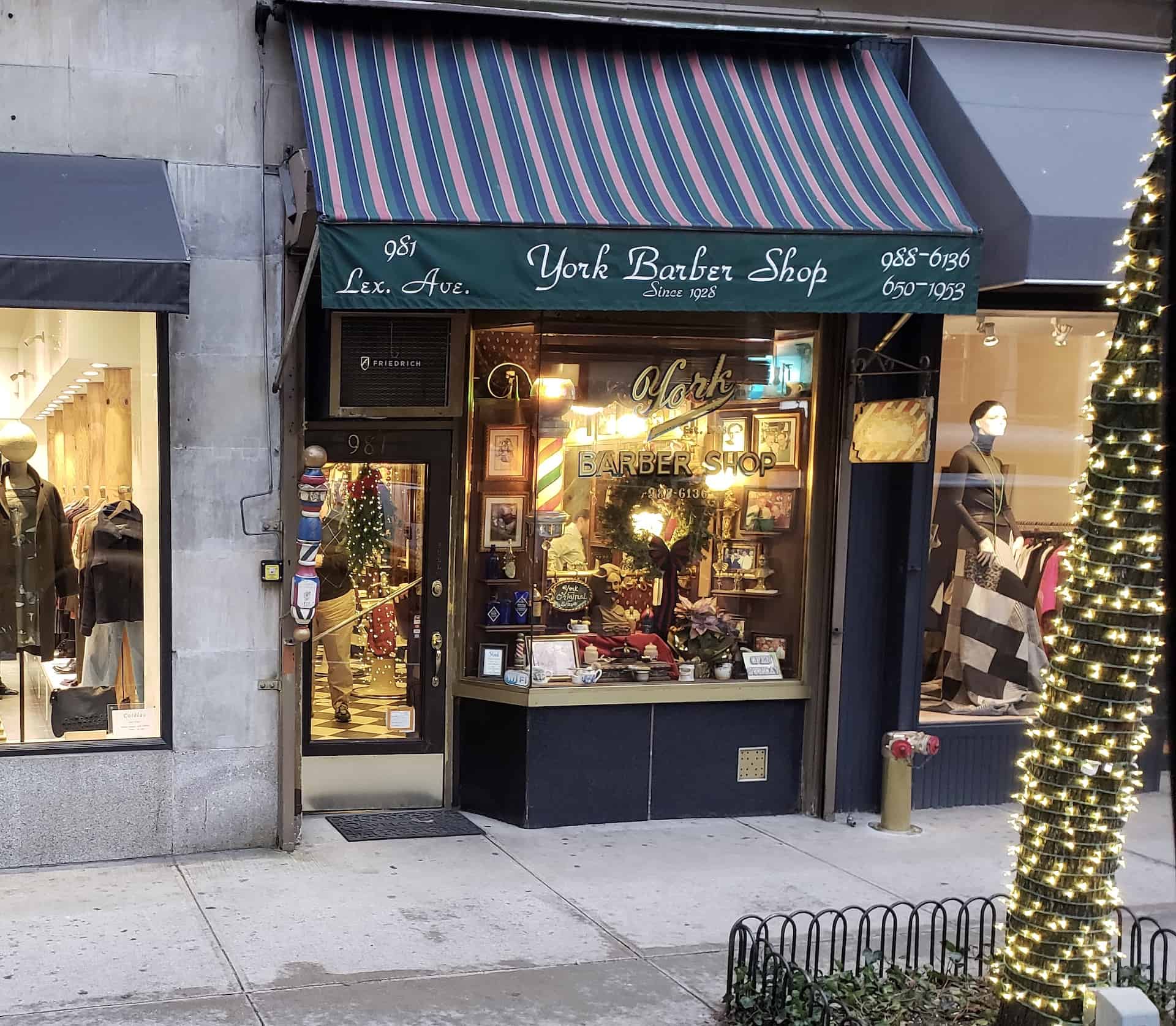Barbers as Cultural Stewards Shaping Neighborhood Identity and Bonding in New Metropolis
Barbers as Cultural Stewards Shaping Neighborhood Identity and Bonding in New Metropolis
Blog Article
Hair salons in New York City are more than just locations to get a haircut; they serve as crucial community centers that help define neighborhood identity and foster relationships among locals. These businesses have a rich heritage in city settings, acting as gathering spots where people from varied backgrounds come togetherness. In many neighborhoods, barbershops are often the initial place where clients can participate in discussions about community issues, exchange stories, and forge relationships. This unique role makes barbers not only talented professionals but also cultural curators who contribute to the social fabric of their neighborhoods.
The atmosphere in a barbershop is often vibrant and welcoming, creating a space where people feel comfortable sharing themselves. Barbers are known for their skill to connect with clients, often participating in discussions that span from athletics to politics. This interaction helps to create a feeling of belonging among patrons, as they share their experiences and perspectives. In many instances, barbershops reflect the ethnic diversity of the areas they serve, displaying different hairstyles, grooming techniques, and useful source even music that resonate with the local community. This cultural exchange enriches the interaction for all involved and strengthens community ties.
Barbershops also play a significant role in maintaining cultural heritage. Many barbers have been educated in particular techniques that are passed down through ages, guaranteeing that unique looks and methods are not forgotten over time. For instance, certain haircuts and grooming methods may be tied to cultural heritage, allowing individuals to express their identity through their appearance. By maintaining these customs, barbershops help to keep cultural stories alive, providing a feeling of pride and connection for local members.
In addition to their cultural importance, barbershops often participate in community service and support local initiatives. Many barbers take an active role in addressing social issues, such as education and health awareness, by hosting events or providing resources to their patrons. This engagement demonstrates a dedication to the well-being of the community and fosters a feeling of duty among barbers. By using their influence to encourage positive change, barbershops become vital players in the community, further reinforcing their role as community curators.
In conclusion, barbershops in NYC serve as essential places for cultural exchange, community building, and identity creation. They provide a unique environment where people can connect, share, and celebrate their diverse backgrounds. As cultural curators, barbers not only influence the way people present themselves but also influence the broader social dynamics. By recognizing the value of these establishments, we can appreciate the essential role they play in fostering connections and preserving cultural traditions in city settings.